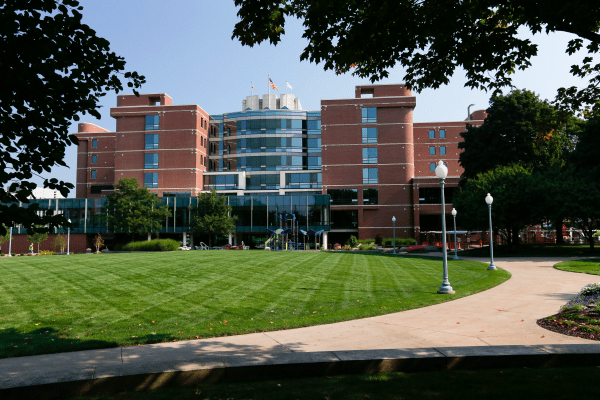
Project Title:
Development of an Enzyme Replacement Therapy for Primary Congenital Glaucoma
Principle Investigator:
Rachida Bouhennni, PhD
Institution:
Akron Children’s Hospital
This project was funded by the Cure Glaucoma Foundation to investigate the feasibility of injecting an enzyme (protein) into the eye of a glaucoma mouse model. The investigators were able to deliver the enzyme into the eye via an injection into the front part of the eye. Analysis confirmed the distribution of the enzyme in the front of the eye. Future studies will investigate the effect the enzyme could have on the eye after injection.
Results from this project, gives hope that therapeutic proteins (protein therapy) can be used as effective medical treatments for eye diseases in which the protein is either lacking or missing (such as Cytochrome p 450 1b1 in Primary Congenital Glaucoma). Therapeutic proteins could also be used to inhibit or induce a biological process such as increasing or decreasing fluid production in the eye to regulate the intraocular pressure. Proteins can be produced easily in the laboratory using proper techniques. These techniques allow the manufacturing of biologically active, properly shaped proteins and purification of large quantities at a very reasonable cost.
Protein therapy provides a safer, and more permanent approach to treat diseases compared to other approaches for replacing deficient enzymes such as bone marrow transplantation, cell transplantation or gene therapy. Although the application of gene therapy is being widely explored in glaucoma and may have promising results, protein therapy may have many advantages over gene therapy as it uses well defined, precisely structured molecules, with defined optimal doses of the protein, and well-known biological effects. Furthermore, with protein therapy there is no need for viral carriers that increase the risk for inflammatory responses, toxicity, and cancer issues.

 DONATE NOW
DONATE NOW